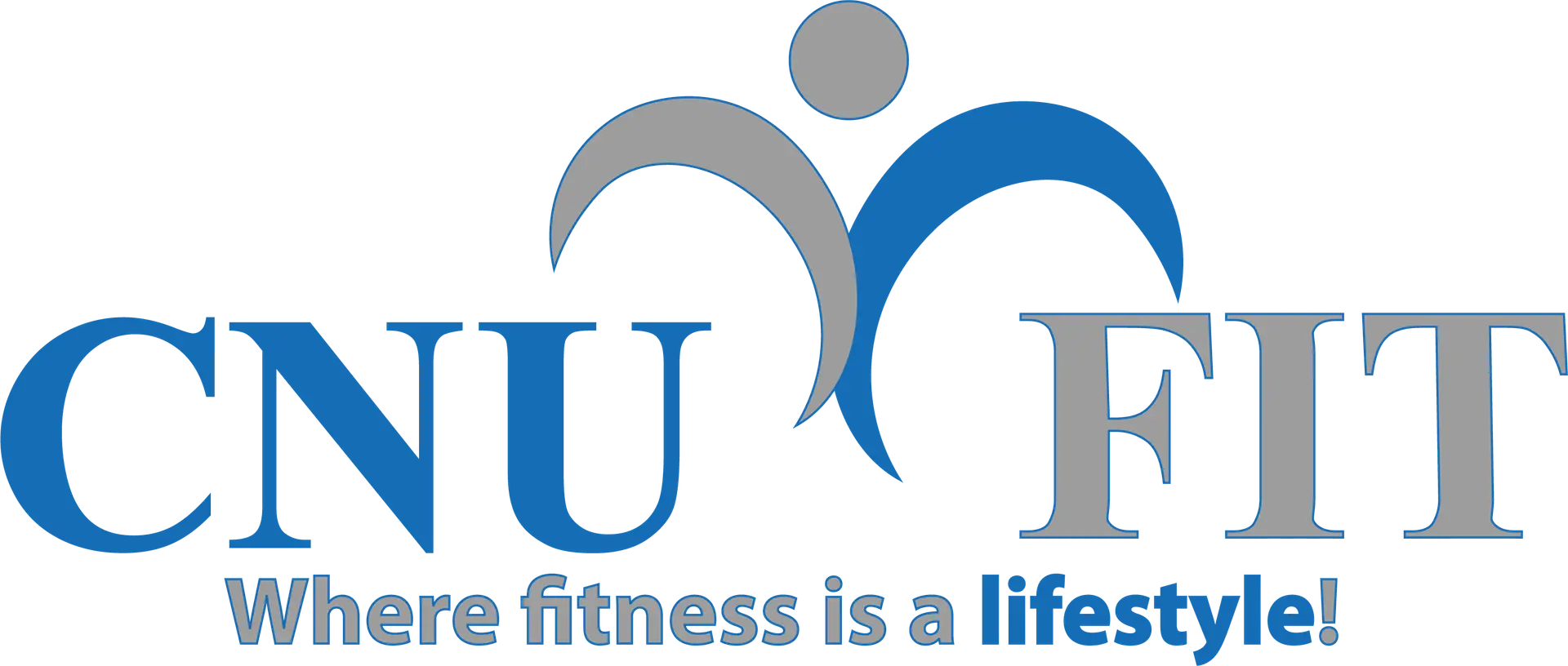One day, you’re bounding up the stairs without getting winded, you’re getting out of bed without aches and pains, you’re lifting your grocery bags out of the car without problem…and then the next day you’re not.
Or at least that’s what it feels like.
Oh, I’m just getting old is what you begin to tell yourself. Losing strength, mobility, and flexibility without pain is just part of the aging process, right?
What if we told you it didn’t have to be?
The number one reason people end up going into nursing homes or assisted living facilities is not because of illness or disease, but because of weakness. In the US, we have a very sedentary lifestyle and emphasis in not put on maintaning strength as you age. If anything, weakness, muscle loss, and mobility decline is touted as a natural part of aging. To a point, that’s true; every year after the age of 30 the majority of people lose a lb of muscle and gain a lb of fat…but the reason why this is so normal is because proper exercise, nutrition, and healthy lifestyle habits are not taught or implemented in most peoples lives.
We live in a microwave culture: you wait until you’re hungry and then throw a frozen dinner in the microwave for a quick fix versus thinking ahead an hour and making a homecooked meal. It’s like this in virtually every area of our lives: finances (don’t worry, just drive for uber or pick up a second job), relationships (let’s get counseling after there’s a problem), and of course your health (let’s be real, the fitness industry thrives off of the quick fix mentality when it comes to your health).
One phrase that we like to say at CNU Fit is ‘Be the Vitamin, not the Medicine.’ The vitamin helps prevent illness and disease through proper nutrients that your body needs, versus the medicine is often a quick fix for symptoms without fully addressing the root of the problem: the habits that got you to that place to begin with. The habits established in your youth will determine the outcome of your old age, so implementing the habits of health long before they are necessary prevents the need for the quick fixes of medications, and ultimately can drastically increase your quality of life.
“The truth is, what you do matters. What you do today matters. What you do every day matters. Successful people just do the things that seem to make no difference in the act of doing them and they do them over and over and over until the compound effect kicks in.”
― Jeff Olson, The Slight Edge
Before we dive into the benefits of strength training, let’s talk a little bit more about muscle loss.
Scarcopenia and it’s impact
Sarcopenia is a condition characterized by loss of skeletal muscle mass and function. Although aging is the main cause of sacropenia, other factors greatly impact the severity of sarcopenia as you age:
Living a sedentary lifestyle: Getting little or no physical activity on a regular basis puts people at an increased risk of developing sarcopenia as they age.
Poor nutrition: poor dietary habits can also contribute to the development of sarcopenia. Although poor nutrition is possible at any age, it does affect how fast muscle mass declines in older adults. Older adults tend to eat less, part of this is because of the slowing of metabolism due to sedentary lifestyle and not getting in enough protein. In fact, according to the International Osteoperosis Foundation up to 41 percent of women and 38 percent of men over the age of 50 eat less protein than the recommended daily allowance.
5 benefits of strength training as you age
When it comes to muscle mass, the old saying ‘use it or lose it’ is true. Working the muscles helps maintain muscle mass and strength. When muscles are not used, they shrink.
The Center for Disease Control and Prevention recommends that older adults participate in muscle strengthening activities a minimum of 2 days a week.
Strength training is good for more than just building muscle, check out the full list:
- Increased muscle mass: Muscle mass naturally decreases with age, but strength training can help reverse the trend.
- Stronger bones: Strength training increases bone density and reduces the risk of fractures.
- Joint flexibility: Strength training helps joints stay flexible and can reduce the symptoms of arthritis.
- Weight control: As you gain muscle, your body begins to burn calories more easily, making it easier to control your weight.
- Balance: Strengthening exercises can increase flexibility and balance as people age, reducing falls and injuries.
In order to effectively exercise without risk of injury, you should work with a professional who specializes in resistance training, mobility and flexibility training, and if you do suffer from pain, prior injury, or chronic illness and disease insure that your trainer has experience working with people just like you.
A good indicator on whether your trainer is qualified to work with you is if they do any mobility, range of motion, balance, or strength tests before starting a program with you. Look for professionals with certifications specific to what you need.
At CNU Fit we are FMS (Functional Movement Screen) certified, and we take each client through a series of evaluations to base our programming off of. All of our programs are 100% customized based on each clients needs.
Other ways to support maintaining strength as you age
Nutrition– Eating enough protein is an important dietary consideration in preventing sarcopenia as you age. When you hear ‘protein’ your mind probably automatically jumps to meat sources. You can actually get protein from a number of different sources, and having different combinations of protein can help you get to where you need to be.
Tips for getting in enough protein:
- Strive for at least 100 g of protein a day
- Have a protein-heavy breakfast (not just fatty meats! Try combining egg whites with low fat turkey sausage or a protein pancake. Protein shakes also work well too!)
- Eat protein in every meal, yes that includes snacks too!
- Cook protein in bulk that way you have it readily available throughout your week!
If you’re totally unsure with how to get more protein in or where to start, consider working with one of our 1:1 nutrition coaches. They’ll create a nutrition plan specific to your goals and lifestyle and coach you on how to create sustainable habits.
Supplements-
Taking dietary supplements is another way to help improve sarcopenia or prevent it.
One of our favorites is Nutrilite’s Muscle Multiplier–it has the 9 essential amino acids that make up a protein molecule and was specifcally made for cancer patients and geratric patients for rebuilding muscle mass. It’s delicious, and all you have to do is put it in water, mix, and drink! You can pick it up at CNU Fit or click here to order it.
Vitamin D is also extremely important. We recommend 35 IUs for every lb of body weight.
Takeaways
Although aging is inevitable, losing muscle and strength doesn’t have to be. What you do today will determine what your tomorrow looks like.

